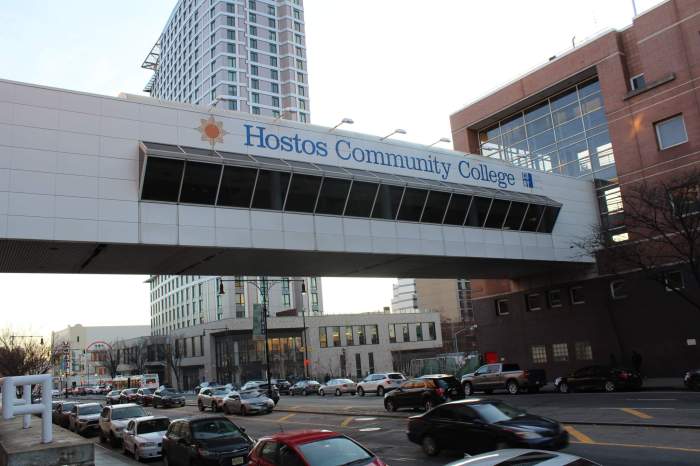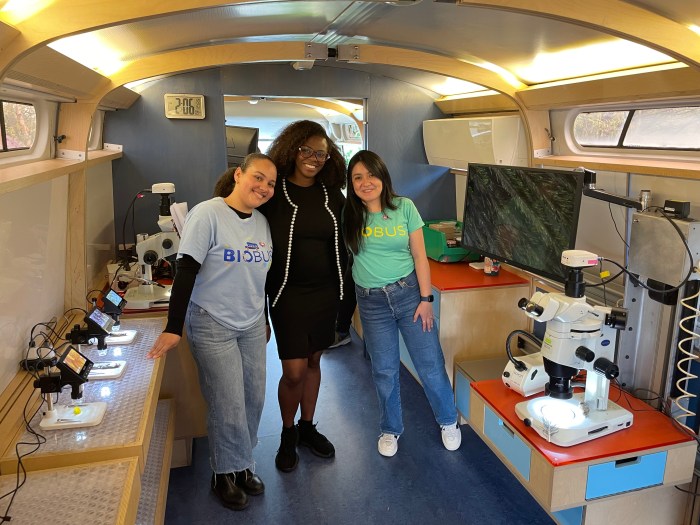Most people never give a second thought to urination. Four to six times a day, a visit to the toilet occurs quickly, comfortably and leaves the person with a satisfied feeling of complete relief from the gradually increasing sensation of urgency, which brought that person to the toilet in the first place.
Sometimes, however, that satisfying feeling of relief just doesn’t occur and the urge to urinate remains after urination. This “feeling of incomplete emptying” after urination is called “tenesmus” and it is one of the seven symptoms that often, but not always, accompany benign enlargement of the prostate.
The other six symptoms include diminution in the force of the stream, needing to push to urinate, an intermittent or interrupted flow, frequency, urgency and sleep interruption. These seven symptoms can come and go from time to time and occur in different combinations and with varying degrees of severity.
Of the seven symptoms of prostate enlargement, tenesmus is the most annoying and usually brings the patient to the doctor without much delay. Sometimes but not always, a urinary tract infection is present. Prostate obstruction could be the root cause behind the patient’s infection. Think of it this way; the residual urine remaining in the bladder after urination is actually a stagnant pool. Stagnant pools tend to become polluted or in other words, infected. What is happening is that the bacteria (germs) in the bladder are reproducing more rapidly than they are being washed out of the stagnant pool. What is even more interesting is that “tenesmus,” that feeling of incomplete emptying can occur even when the bladder does empty completely and even in the absence of infection. It just feels that it’s still not empty because of the irritation and obstruction caused by the prostate.
Fortunately, treatment for the symptoms caused by prostate enlargement is available in the form of two types of medications; the first type can actually shrink the size of the prostate; the second type can relax the tightness of the muscular contraction within the prostate.
Unfortunately, not every man is a good candidate for these drugs for a wide variety of reasons ranging from erectile dysfunction, painful breast enlargement, drug interactions, allergy, ongoing never-ending expense or if they simply don’t give relief.
So if a lifetime of medication is not what you had envisioned for yourself or if the drugs have lost their effectiveness or can no longer be used in your particular case, the next approach should be to consider a very effective one-time treatment using the non-surgical office-based microwave thermotherapy known as TherMatrx. No anesthesia or hospitalization is used and patients go home from the office urinating on their own with no uncomfortable catheter or drainage bag. So if you have that annoying feeling of incomplete emptying after urination, in other words, if you have “tenesmus,” relief is available.
Have a Question? Call Dr. Okun at 718-241-6767.





















